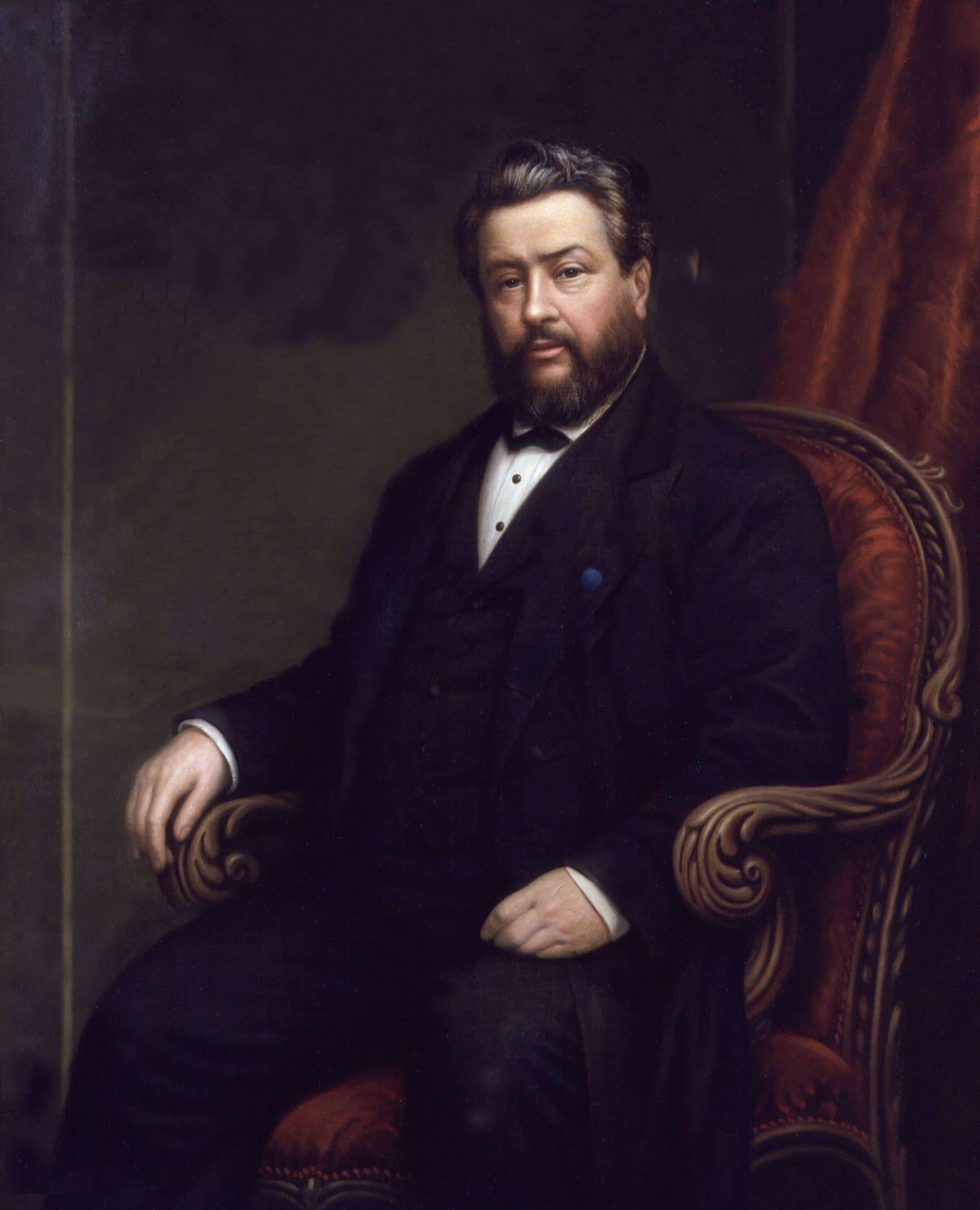
Charles Spurgeon
(1852-1892)
Charles Haddon Spurgeon, remembered as the Prince of Preachers, was a 19th century English Baptist minister who remains one of the most influential and extraordinary among Christians across denominations. A strong figure in the Reformed Baptist tradition, he defended the 1689 London Baptist Confession of Faith and opposed the liberal and pragmatic theological tendencies in the Church of his day.
Born in Kelvedon, Essex, England, June 19, 1834, Spurgeon’s family were people of Dutch origin who sought refuge in England during the persecution of the Duke of Alva. His grandfather and father were both independent ministers. Though his early childhood was spent with his grandfather, in 1841 he was sent to a school in Colchester.
In January of 1850, at the age of fifteen, Spurgeon was on his way to a scheduled appointment when a snowstorm forced him to cut short his intended journey and shelter in a primitive Methodist chapel where, in his own words, “God opened my heart to the salvation message,” and he was converted.
Spurgeon preached his first sermon in 1851 at the age of sixteen. In 1852 he became pastor of a handful of believers at Waterbeach, in Cambridgeshire, meeting in what had been a building originally built to house doves or pigeons. In 1854, just four years after his conversion, Spurgeon was called to the pastorate of London’s famed New Park Street Chapel, Southwark, formerly pastored by the strict Baptist theologian John Gill. Within a few months of his call his powers as a preacher made him famous.
The congregation quickly outgrew their building, moved to Exeter Hall, then to Surrey Music Hall. In these venues Spurgeon frequently preached to audiences numbering more than 10,000. At twenty-two Spurgeon was the most popular preacher of the day.
In 1856, Spurgeon married Susannah Thompson, after an 18-month engagement; never did two persons unite hands and hearts more suited to each other in mind, disposition, and mutual love. They had twin sons, Charles and Thomas.
In 1861 Spurgeon’s church congregation moved permanently to the newly constructed purpose-built Metropolitan Tabernacle, in Newington Causeway, seating five thousand people with standing room for another thousand. The Tabernacle quickly became, under Spurgeon’s impressive personality, an energetic center of religious life. Many organizations grew up under his care and were affiliated with it. But Spurgeon was not just a preacher—he was also a college president.
In 1856 Spurgeon founded the Pastors’ College, a free seminary designed to help “rough and ready” ministers sharpen their skills for the ministry. Within the first twenty years of operation his students planted 53 new Baptist churches in London, not counting missions around the world and across England. In addition to the Pastors’ College, he also founded a ministry to prostitutes, a ministry to policemen, two orphanages, and seventeen almshouses for widows.
Spurgeon was also a prolific author, writing with the same directness and earnestness that distinguished him as a speaker. From 1865 he conducted a monthly magazine, entitled Sword and Trowel. Spurgeon’s sermons were published in print form every week and enjoyed a high circulation. This publication made Spurgeon financially independent, allowing him to minister without a salary from the church.
The Prince of Preachers endured ill health towards the end of his life, suffering from a combination of rheumatism, gout, and Bright’s disease, often recuperating at Mentone, near Nice, France. At the time of his earthly passing in 1892, he had preached almost thirty-six hundred sermons and published forty-nine volumes of commentaries, sayings, anecdotes, illustrations, and devotions.
